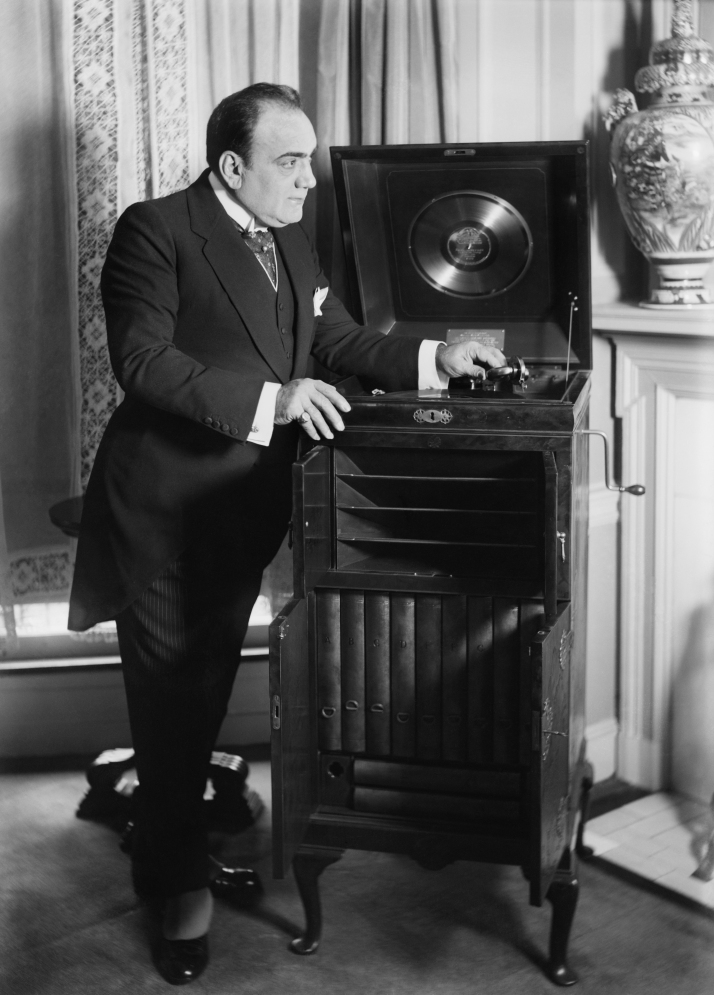An Active Faith
Our faith is something special. It is not a faith of
passivity but an active faith. It is a faith about things that have happened, things
happening now, and things that will happen. It is active in the experienced of particular
people, in places like Swartz or Monroe or Bethlehem of Judea, and at different
times - December 2014 or the days of King Herod.
Our faith is so special because it’s part of God’s plan.
God’s plan is a living plan, designed through our lives, his children. Our faith is active not because
of what we do, but what God does with us.
King David wanted to do something for the Lord, he said "I
will build a house for God."
God answered through Nathan, “No, I will build your house.” The Lord tells David, “I took you from the pasture;
I was with you everywhere you went.”
David did not understand: it is God who does for us, not
we who do for God. It is we who are needy. God has no needs. We cannot do God
favors.
King David in all his greatness and majesty had the same fault
we all have. Whether it’s from arrogance
or pride, we tend to think our generosity is doing God a favor.
In the purity of our faith, we all want to do things for God.
Who remembers the bracelets and shirts with the letters WWJD (What would Jesus
do)? In our small ways, we want to please God; we want to help God's kingdom to
come; we want to do good. We think the little things we do are so great. But, no
matter what we do, it is not us.
Since the beginning of time, God has promised one thing to
those called. It is our greatest source of strength and encouragement and
confidence. It is simple promise but unimaginably great: “I will be with you.”
It is the basis of all our faith.
The angel Gabriel
said to Mary: “The Lord is with you.”
Many think that her answer was passive. “May it be done to me according to your
word.” She completely surrendered to God.
It was not passive.
It was active faith. It was an active faith where something
happened to a particular person, in a particular place, and in a particular
time. It was an active faith that surrendered all she was to become the Mother
of God.
In us, our faith is active in the sacraments. Here, it is God that does
for us, not we who do for God. A outward sign of our faith that answers the same way as
Mary, “May it be done to me according to your word.”

